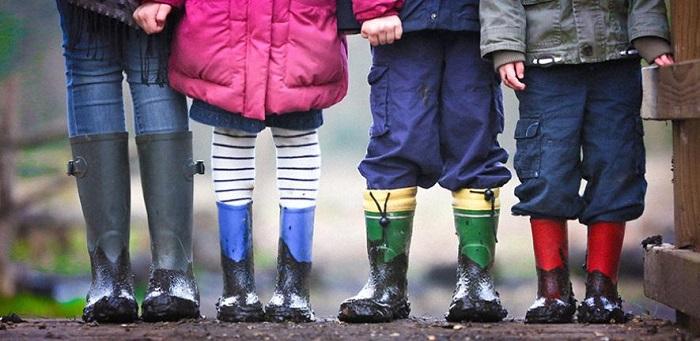A study has found that children who increased their connection to nature during the first COVID-19 lockdown were likely to have lower levels of behavioural and emotional problems, compared to those whose connection to nature stayed the same or decreased - regardless of their socio-economic status.
The study, by researchers at the University of Cambridge and the University of Sussex, also found that children from affluent families tended to have increased their connection to nature during the pandemic more than their less affluent peers.
Nearly two thirds of parents reported a change in their child’s connection to nature during lockdown, while a third of children whose connection to nature decreased displayed increased problems of wellbeing - either through ‘acting out’ or by increased sadness or anxiety.
The results strengthen the case for nature as a low-cost method of mental health support for children, and suggest that more effort should be made to support children in connecting with nature - both at home and at school.
The researchers’ suggestions for achieving this include: reducing the number of structured extracurricular activities for children to allow for more time outside, provision of gardening projects in schools, and funding for schools, particularly in disadvantaged areas, to implement nature-based learning programmes.
The study, published in the journal People and Nature, also offers important guidance in relation to potential future restrictions during the COVID-19 pandemic.
Image: Children outdoors in muddy wellies
Credit: Ben Wicks on Unsplash
Reproduced courtesy of the University of Cambridge
